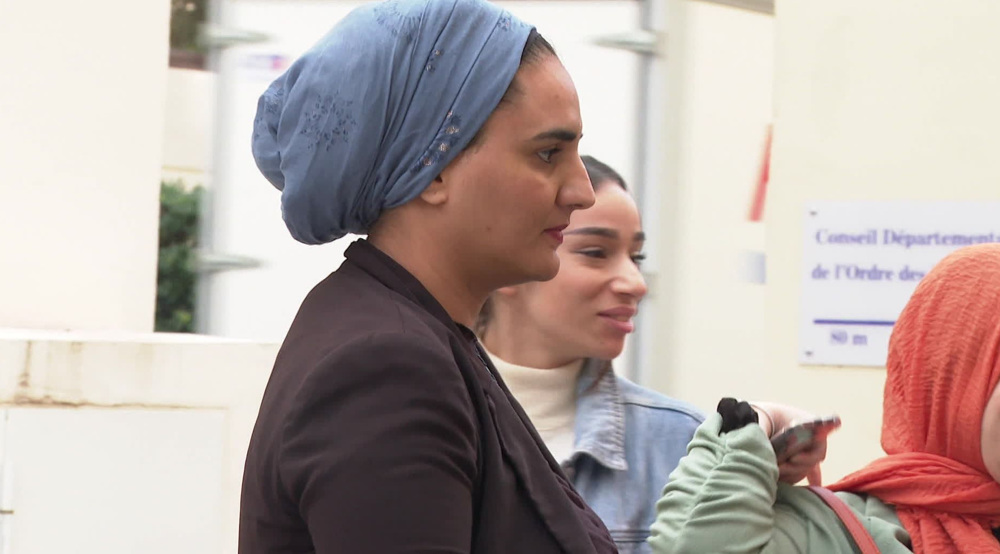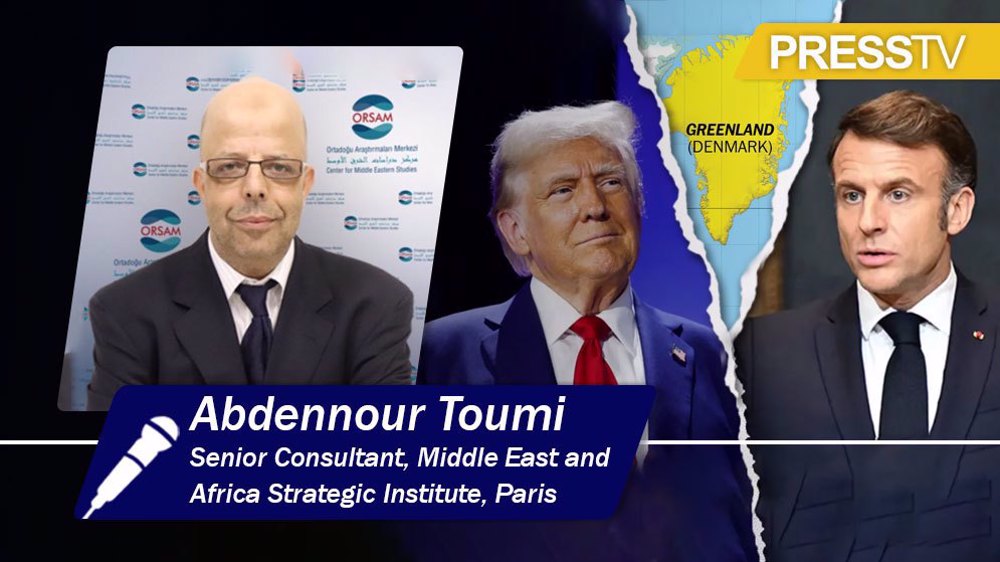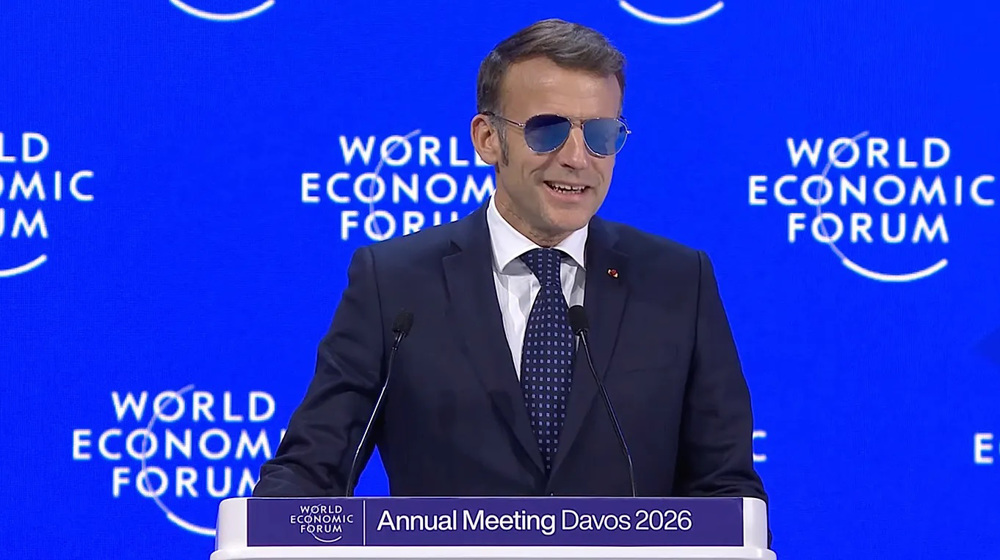IMF's Paris employee injured after letter bomb explosion
A letter bomb has exploded at the French office of the International Monetary Fund (IMF), injuring an employee.
Police on Thursday evacuated people from the building near the Arc de Triomphe monument after they received reports that the IMF staffer had suffered injuries to her hands and face following the opening of a letter which exploded.
The head of the Paris police force said the explosion was caused by a homemade device.
"It was something that was fairly homemade," Michel Cadot told reporters.
He added that the IMF had received "a few threats in recent days" but could not say whether there was any link.
Paris swiftly reacted to the incident, with President Francois Holande calling it a “terror attack." Hollande also said the blast showed that "we are still targeted."

The IMf chief, Christine Lagarde, said the attack was a “cowardly act.”
"I condemn this cowardly act of violence and reaffirm the IMF's resolve to continue our work in line with our mandate," Lagarde said as she is in Frankfurt to attend a conference ahead of the Group of 20 finance ministers' meeting in Baden-Baden.
There was no claim of responsibility for the move and there is no indication yet whether there is any link between this package and one sent to the Germany Finance Ministry yesterday. Security sources, however, fear that the letter could have been sent by a far-right group in Greece, a country which has been slapped with severe austerity measures by the IMF and other lenders.

The Conspiracy of Fire Nuclei said Thursday that it had sent a parcel bomb to the German Finance Ministry in Berlin.
“We claim responsibility for sending a booby-trapped parcel to the German finance minister,” said the radical, nationalist group in a statement posted on an anti-establishment website.
German police also confirmed that the "explosive" package was discovered at the office building of Finance Minister Wolfgang Schaeuble. The German minister was due to host a meeting with US Secretary of Treasury Steven Mnuchin on Friday.
Germany, as the leading economic power in the European Union, has been very tough on Greece as Athens struggles to secure new funds from the lenders, namely the IMF and two EU creditors, to pay its mountain of debts and prevent a default. The IMF has repeatedly asked the EU to reduce Greece’s debt and help the country get on its feet although it has refused to grant more privileges to Athens, including less pension cuts.
Rights groups in Australia call on authorities to arrest Israeli president
FIFA must strip US of 2026 World Cup hosting rights over Trump’s hawkish policies: Analyst
Iran Army slams EU’s blacklisting of IRGC as ‘shameful’, ‘irresponsible’
Iran considers armies of EU states as ‘terrorist organizations’: Security chief
Sharif University scholars condemn US foreign policy as illegal, destabilizing
Pezeshkian says Iran seeks no war, vows 'decisive' response to any attack
Iran ready for both war and dialogue, ‘will not accept dictation’: FM Araghchi
Trump warns UK against enhancing China ties as PM Starmer hails reset









 This makes it easy to access the Press TV website
This makes it easy to access the Press TV website